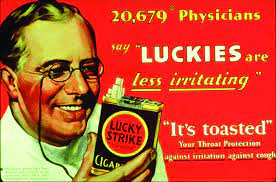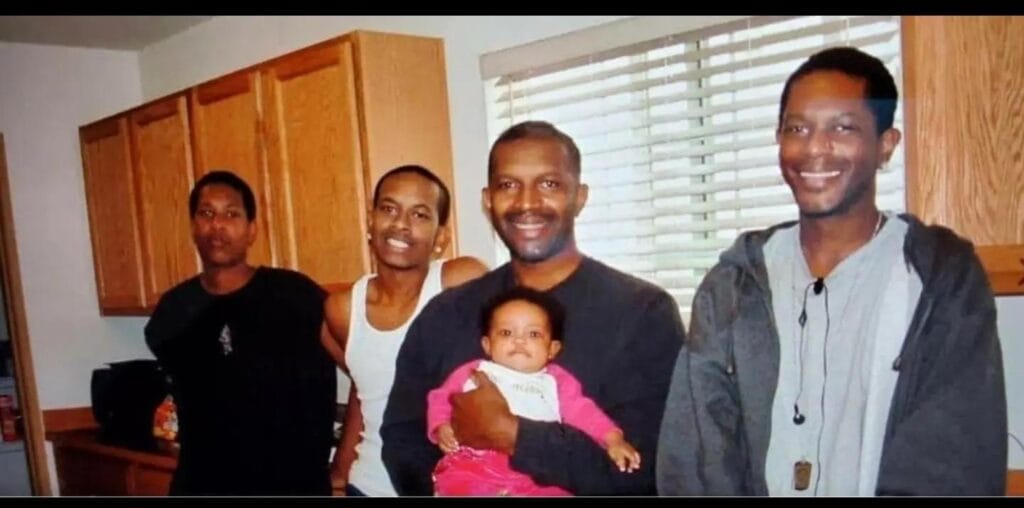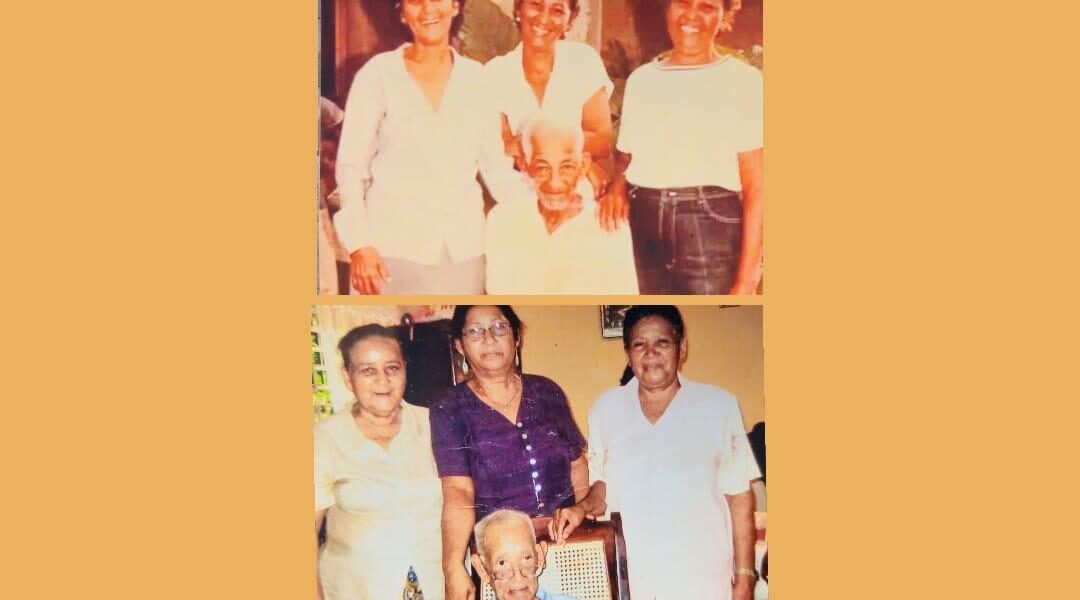How superficially chasing your youth cheats society.
American culture might be the most primitive regarding its perception of age. This may be because, in comparison to other cultures, we’re an adolescent collective and the short history we have is fragmenting. Consequently, there aren’t unanimously proud, century-long cultural practices we have to share amongst ourselves regularly. Maybe it’s the media or corporate greed soliciting products, gaslighting the new young eye candy or fad to emulate, and dismissing “washed up” or old entertainers. It could also be because we’re such an individualized culture and the responsibility of taking care of our elders trickles into our psyche, creating a negative stigma since we know it’d require sacrifices on our behalf. Or maybe it’s just due to a lack of appreciation for time because keeping up with inflation is enslaving and a never-ending battle against time.
Fiat crisis — In Pursuit Of… (stefanglover.com)
No matter the reason, it’d be hard to deny that aging is inappropriately valued in our culture. However, I don’t want to argue the reason(s) why but rather analyze this perception and how it negatively impacts us on a micro and macro level.
Psychoanalyzing Ageism
The way you can hear Americans speak of and to elders is intolerable internationally. Our elders are treated as an inconvenient part of our culture. They slow us down, ask “stupid” questions, and are needy. Relax and take note as we take a step back to widen our scope. In the majority of the globe, what you’ll come across is a deep reverence and a longing for elders as they’re cherished like prized possessions. Every time I travel internationally, I’m met with repetitive observations of deep care for elders. They’re flooded with grace and acts of kindness. Their lives seem so easy in comparison to seniors in America who are instead bombarded with road rage, scam targeting, loneliness, etc. Even governmentally, the contrary is apparent. Take for example a place I just visited, Singapore, the government financially incentivizes adult children to live within proximity to their parents because they comprehensively understand the value it adds economically, mentally, and beyond, to the country.
More profound, is that this treatment extends beyond family. Non-relative elders are also catered to in their neighborhoods. Friendships will often form because of their age. Their wisdom and experiences are genuinely valued and sought after, as opposed to our know-it-all adolescents. These relationships not only increase the efficiency of an ecosystem, but it’s this sort of environment that enables elders to stand firm in their authenticity instead of chasing acceptance and relevance by competing with their younger cohabitants. Their authentic voice adds diversity in thought and thereby more security as to where society evolves because manipulating multiple generations is a much harder feat than the manipulation of one or two. Also, through proximity of interactions across collectives, it becomes less likely that the youth will blame elders for their issues and vice versa. This is a proactive way of decentralizing thought which is a necessity in a democracy. We effectively reduce people’s prejudices from being able to ignore wisdom. As a result, what’s birthed is a more collaborative atmosphere in which our society can purify through connectivity.

Cultural & Economic Impacts of Ageism
The pressure accompanied by an ageist culture produces a stressful environment while reducing the voice and life force of elders. Hence, youth culture prevails dominant, therefore imposing its agenda. What transpires is overserving the interest of a largely misled demographic, normalizing the value emphasized on superficiality over authenticity. In the U.S., the majority of young adults can’t wait to get far away from their parents. They seek friendship and value in age groups very similar to their own. For elders, this often leads to depression, loneliness, a void of fulfillment, and inefficiencies within the economy. I’ve personally experienced an overwhelming number of elders contacting call centers clearly (often admittedly) in search of conversation to cope with emptiness. This ripple effect damages an economy severely.
There are also less obvious effects. One example is that it’s an opportunity for exploitative businesses to do what they do best, hunt. There are countless unethical businesses in the market stampeding us with products and services. They remain incapable and with no intention of getting to the root issue of their customers. Simply serving as a coping mechanism. They know that no one is there to defend the weak and vulnerable, so success is grabbable as low-hanging fruit.
Not only does this prop up an inefficient, cold economy. But cyclically, as the businesses thrive, they accumulate more power and credibility, weakening democracy by lobbying and influencing the law in their favor. And in “X” number of years through media programming, you’ll be the next vulnerable target on their radar with no one to speak up on your behalf.
These practices overwhelm industries that have to accommodate all the unanticipated patients and clients who now have been victimized into worsening circumstances. On the other hand, there’s Singapore, which has one of the oldest and healthiest populations. They also have one of the best economies in the world. Taking preventive actions by investing in people trumps harsh capitalism. But in order for investment in elders’ futures, there have to be people defending their humanity.
Dishonest representations
Not meeting the youthful “perfection” standards imposed is likely to get you teased, preyed upon, or socially isolated. Recently, this has led to the mass adoption of surgeries, fillers, etc. and it’s no longer just for women. Relying on these standards has the younger generation buying into this need to “fix” themselves as they look up to their compromised, yet compliant role models.
To name a few, the issues with covering up your age-related physical “flaws” include being misleading, inauthentic, and ignoring the signals your body is attempting to communicate to you. Embracing your age-related physical changes could lead you to stumble upon a solution that extends your life. Consider someone who may see you have “bad” skin, yellow/restless eyes, wrinkles, gray hair, or any of the sort and can now suggest a nutrient or some deficiency you may have not considered. Surgery or dye isn’t going to resolve lack of sleep, nutrition, or drug addiction. The gym, meditation, or a change in the foods you consume may and therefore should be attempted before cosmetically covering what you believe are your flaws. Once you’ve exhausted holistic options, go all out if needed!
Now, to be clear, I’m not judging anyone who has already or will artificially transform their appearance without holistically attempting to solve their concern. I fully support people’s choice to cosmetically make changes! I am a huge advocate for science and a freedom maximalist! However, I think we have to be honest with ourselves before diving into these pursued changes. Especially when they’re the outcome of lifestyle because kids may unknowingly follow, believing there are no side effects.

It’s no different than the dark advertising history of the tobacco industry in which they used doctors and dentists to endorse cigarettes prioritizing profits over lives. Instead, we could culturally adapt how we see age and be more compassionate with how we treat ourselves, getting to the root of our insecurities, rather than risking so much, for so little in return. Temporary returns at that.
Your age is not an indication of your value. Challenge this broken concept and understand you become more valuable over time. Not only that, but now more than ever we can defy when you can reach your physical and mental peak. The resources, and education that are now accessible are in your favor and becoming greater at a rapid speed. Remain curious and full of life.

Additional resources:
Travel.
“Live to 100: Secrets of the Blue Zones” — There are many things that I don’t agree with in this doc. It even seems to be biased and misleading at times, but the overall takeaways are worthwhile.
Take action. Speak and engage with elders.
